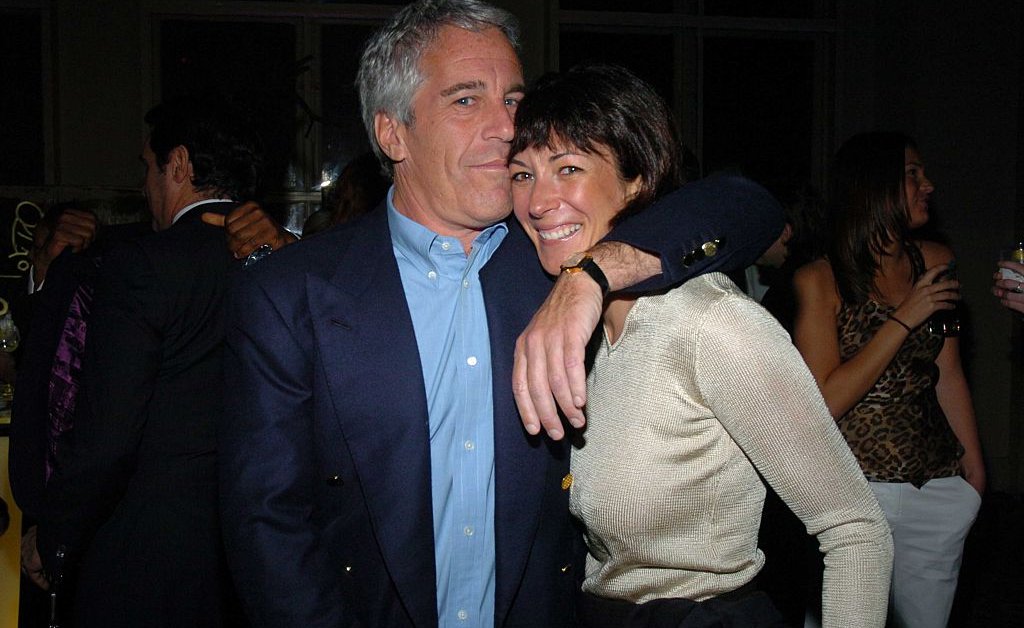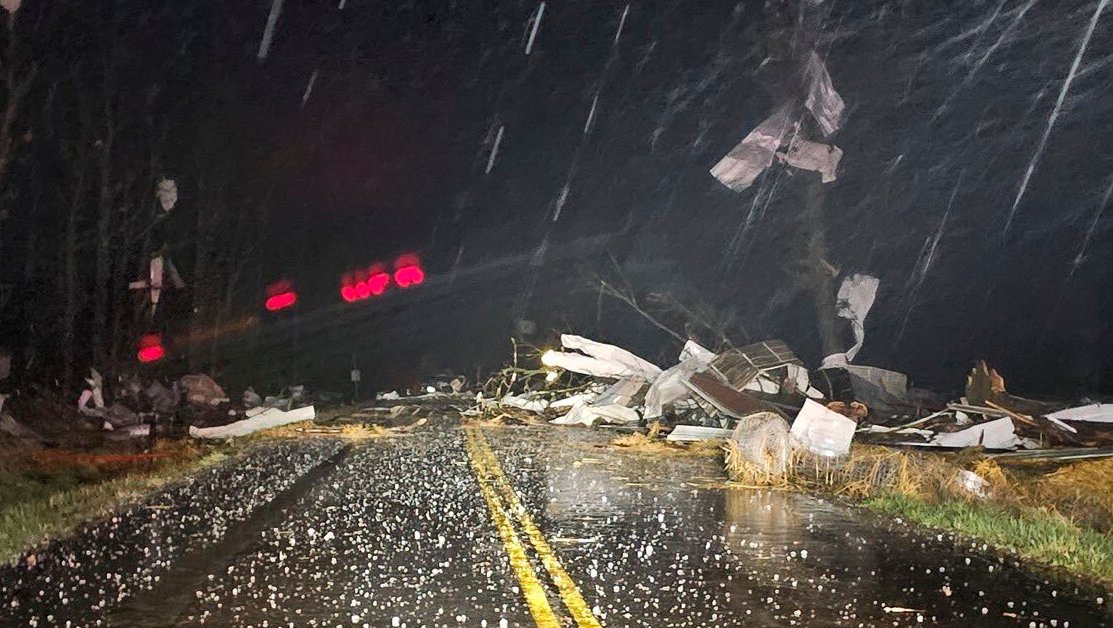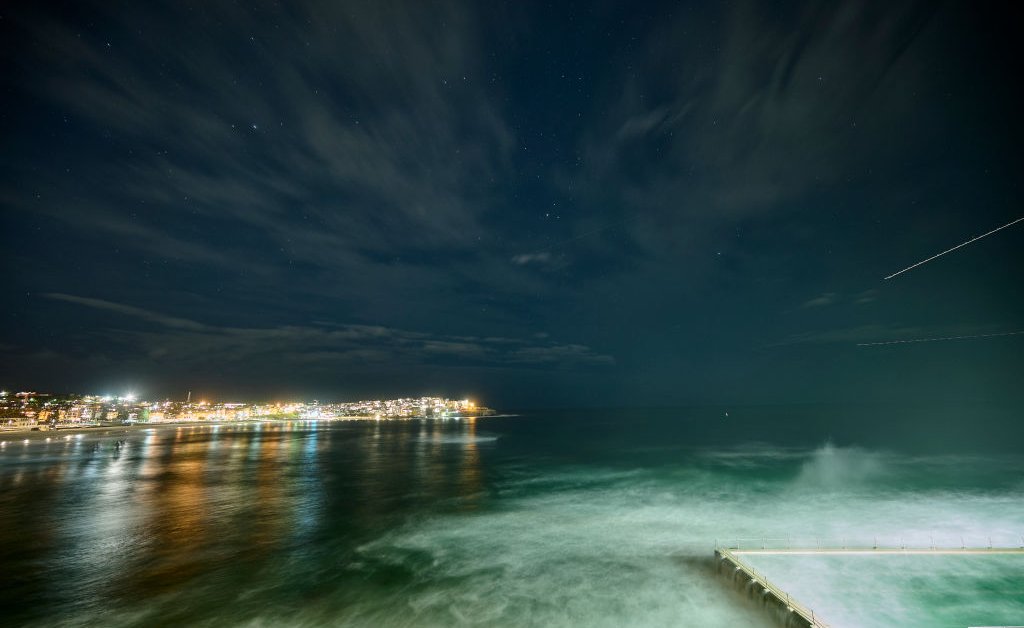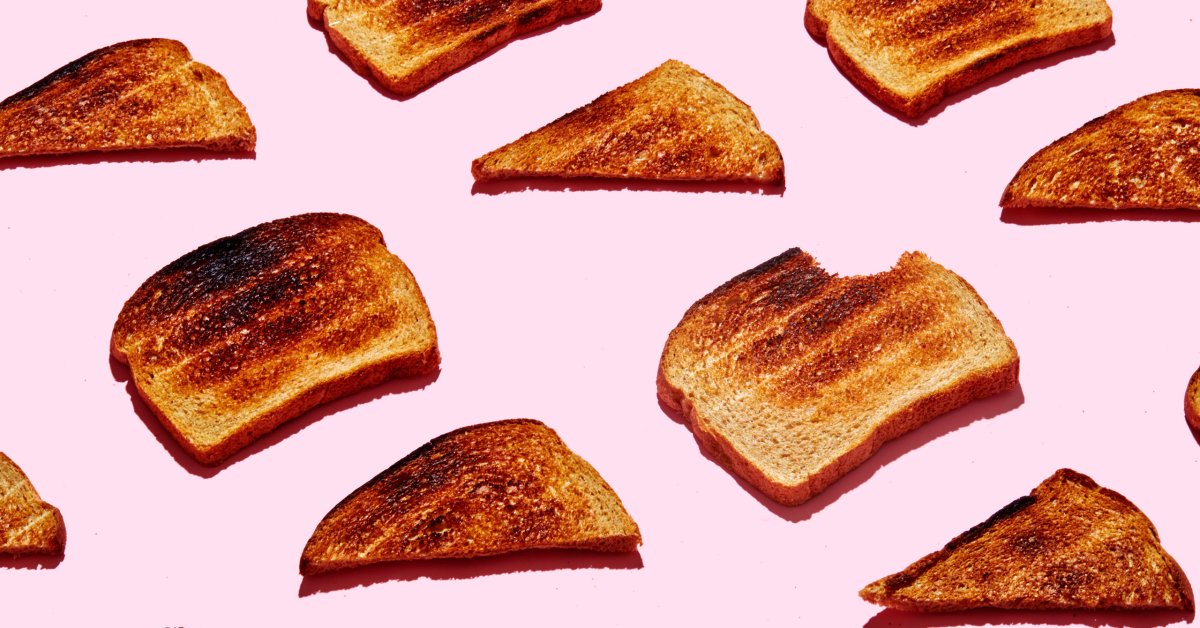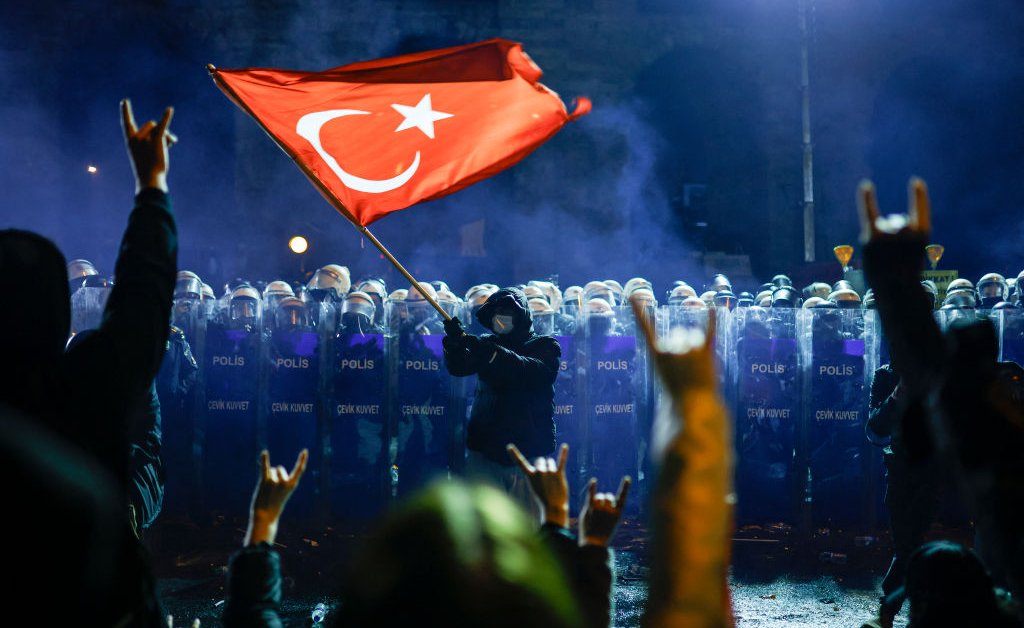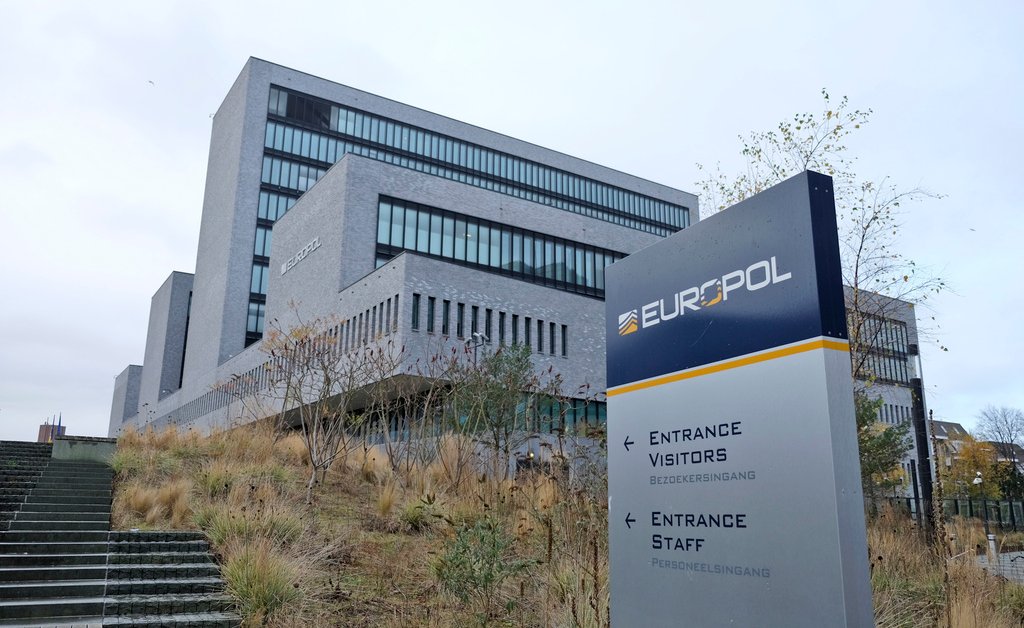A federal judge has rejected the Trump Administration’s request to unseal transcripts of the grand jury testimony that led to the indictment of Ghislaine Maxwell, who was convicted of sex-trafficking related charges and was a long-time associate of the convicted sex offender Jeffrey Epstein.
Judge Paul A. Engelmayer emphasized the importance of maintaining the secrecy surrounding grand jury proceedings in his Monday decision. Those materials can only be unsealed in “rare, ‘exceptional circumstances,’” he said, asserting that granting the Trump Administration’s request to unseal the transcripts would be “applying the exception casually or promiscuously.”
Engelmayer also called into question the “entire premise” of the Trump Administration’s request.
“Contrary to the Government’s depiction, the Maxwell grand jury testimony is not a matter of significant historical or public interest,” the judge said, adding that much of the information in the materials was revealed at Maxwell’s trial.
“Its entire premise—that the Maxwell grand jury materials would bring to light meaningful new information about Epstein’s and Maxwell’s crimes, or the Government’s investigation into them—is demonstrably false,” he wrote.
Releasing the documents “would expose as disingenuous the Government’s public explanations for moving to unseal,” he went on to say. “A member of the public, appreciating that the Maxwell grand jury materials do not contribute anything to public knowledge, might conclude that the Government’s motion for their unsealing was aimed not at ‘transparency’ but at diversion—aimed not at full disclosure but at the illusion of such,” he wrote.
Read More: Who Is Ghislaine Maxwell? The Epstein Associate the Justice Department Is Interviewing
The Department of Justice (DOJ) asked judges to release grand jury transcripts and other materials in both Epstein’s and Maxwell’s cases amid growing backlash over how the Trump Administration has handled the Epstein matter.
Public interest in the late sex offender, who has long been the subject of conspiracy theories on the far right in particular, amplified after the DOJ and FBI released a memo in July that stated that Epstein didn’t have a “client list” of co-conspirators and that his 2019 death in jail was a suicide. While the Trump Administration has tried to brush off questions and concerns over the case, many of the President’s own supporters have expressed frustration over how he has handled the matter.
President Donald Trump’s own years-long relationship with Epstein has also drawn heightened scrutiny amid the renewed attention to the case. The Wall Street Journal published an article last month alleging that Trump sent a “bawdy” letter to Epstein in 2003. The President has denied doing so and has since filed a lawsuit against the Journal’s parent firms, its owner, and the two reporters behind the story. Trump has tried to distance himself from Epstein over the years, recently saying that he broke off his friendship with the disgraced financier after Epstein “stole people that worked for me.”
The controversy has led to increased attention on Maxwell as well, who was convicted in 2021 for her role in recruiting underage girls to engage in illegal sex acts with Epstein and is currently serving a 20-year sentence in federal prison. Late last month, the House Oversight Committee voted to subpoena her for a deposition. DOJ Deputy Attorney General Todd Blanche also interviewed Maxwell over the span of two days late last month.
About a week after meeting with Blanche, Maxwell, who is appealing her conviction, was transferred from a federal facility in Florida to a minimum-security prison camp in Texas. The move sparked outrage from the family of Virginia Giuffre, a victim of Epstein. Her family accused the Trump Administration of giving Maxwell “preferential treatment.”
A separate federal judge in Florida previously rejected one of the DOJ’s requests to release grand jury transcripts from an investigation into Epstein in 2005 and 2007, but another judge is still weighing another request.

